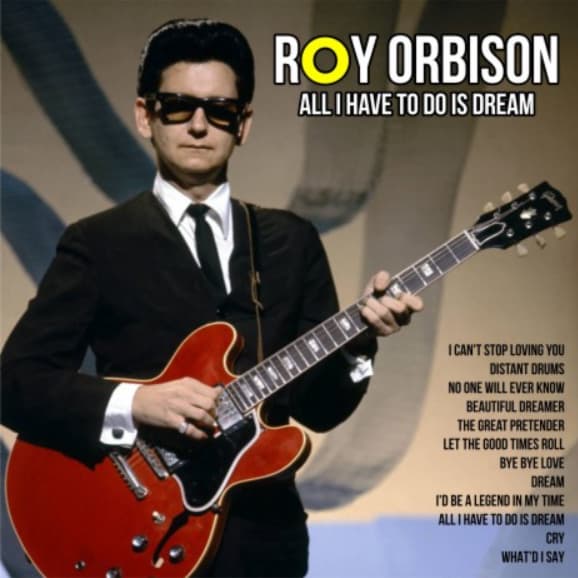
The Secret Sorrow: Roy Orbison’s Cover of a Classic Country Ballad
A private vow of unending, unrequited love for a person who has moved on.
For those of us who came of age with the sound of a lone, powerful, three-octave voice slicing through the airwaves, a song by Roy Orbison is more than just a melody—it’s a journey back to a simpler, yet profoundly felt, time. The year was 1963, a pivotal moment in music history, and while Roy Orbison was riding high on the success of the title track, “In Dreams,” he offered up a track from his fourth studio album, In Dreams, that carried the quiet, devastating weight of classic country sorrow: “No One Will Ever Know.”
It’s crucial to understand that “No One Will Ever Know” was not a contemporary pop hit for Orbison, nor was it originally his song. It was first recorded by Roy Acuff in 1945, but is perhaps most famously associated with country legend Hank Williams, who cut an a cappella demo of the tune around 1948 or 1949, a version posthumously released in 1957. Written by country music pioneers Fred Rose and Mel Foree, the song is a direct descendant of the grand tradition of aching, lonesome country ballads. When Orbison recorded it for his Monument Records label, it appeared as an album track on the In Dreams LP, which was released in July 1963. While the single “In Dreams” soared to a peak of No. 7 on the US Billboard Hot 100 chart, and the album itself reached a modest No. 35 on the US Billboard Top LPs chart, “No One Will Ever Know” was not released as a single and therefore did not chart on its own. It remains a treasure for the discerning Orbison listener, nestled between his operatic pop anthems.
The genius of Orbison’s interpretation lies in how seamlessly he absorbed this country standard into his own signature world of dramatic, vulnerable heartbreak. The song’s meaning is one of the most private and agonizing forms of romantic suffering: the continued, undying love for a former partner who has since married another. The narrator is tortured by the memory of his former love’s fidelity to him, even as she now stands at the altar with another man. The central theme, beautifully captured in the lyric, is the vow of a secret sorrow—no one, especially not the new husband, will ever know that the depth of her past love, and his enduring pain, is being kept a secret. He has to carry this knowledge, this invisible chain of memory, alone.
Listen to Orbison’s vocal delivery on this track, and you hear the pure, crystalline essence of his artistry. He doesn’t need his trademark falsetto acrobatics to convey the agony; instead, his voice is simply haunted, a perfect, restrained tremor of pain that makes the story universally relatable. It’s the sound of a man standing on the outside of happiness, gazing through a window at a life that might have been. This raw, emotional vulnerability was Orbison’s great gift. While other male performers of the era were flexing their rock ‘n’ roll machismo, Orbison—the man in black glasses, a figure of profound mystery—was unafraid to expose the very core of his soul. He gave permission for men to feel, and to mourn, publicly and deeply.
When we listen to “No One Will Ever Know” today, decades removed from its original recording date, the song doesn’t feel dated. The heartache is as immediate and fresh as a tear that’s just been shed. It reminds us of all the private pain we’ve carried, the emotional secrets we’ve kept locked away from the world. It’s a quiet masterpiece, a jewel of deep, resonant sadness in the crown of a man whose life, tragically, mirrored the profound sorrow in his art.